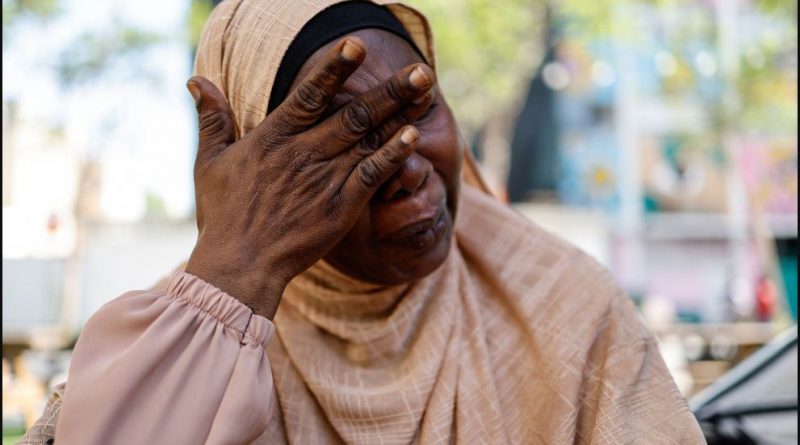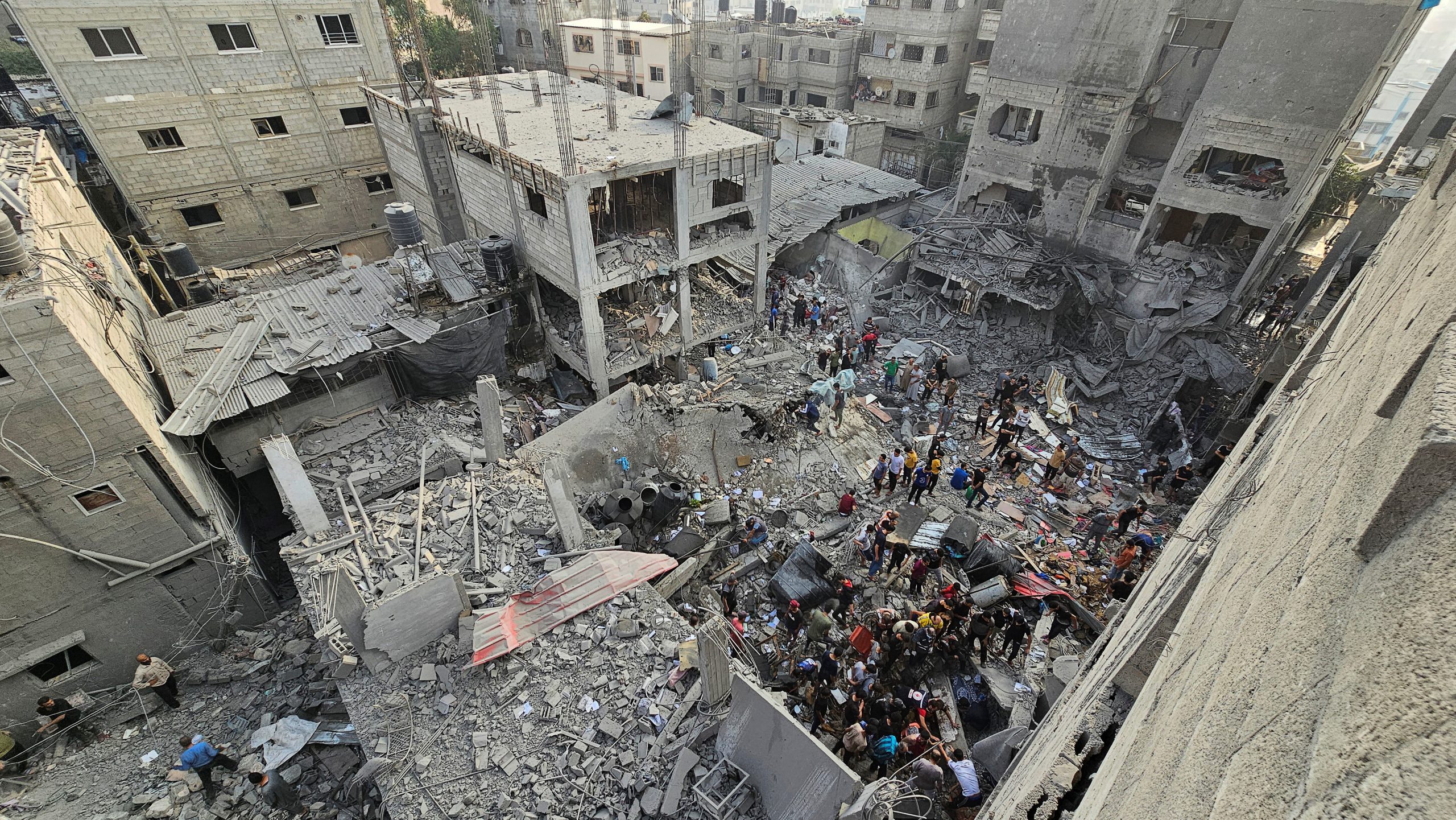About 500 children have died from hunger in Sudan since fighting erupted in April, charity says
Associated Press
Balde urged all countries to keep their doors open. He also urged donors to give generously to the $566 million appeal for Sudanese refugees, which is only 35% funded.
About 500 children have died from hunger in Sudan — including two dozen babies in a government-run orphanage in the capital of Khartoum — since fighting erupted in the East African country in April, a leading aid group said Tuesday.
Save the Children also said that at least 31,000 children lack access to treatment for malnutrition and related illnesses since the charity was forced to close 57 of its nutrition centers in Sudan.
Sudan was plunged into chaos after monthslong tensions between the military and a rival paramilitary force exploded into open fighting on April 15. The conflict has turned Khartoum and other urban areas into battlefields. Many residents live without water and electricity, and the country’s health care system has nearly collapsed.
“Never did we think we would see children dying from hunger in such numbers, but this is now the reality in Sudan,” said Arif Noor, Save the Children’s director for Sudan. “We are seeing children dying from entirely preventable hunger.”
The violence in Sudan is estimated to have killed at least 4,000 people, according to Liz Throssell, a spokesperson for the U.N. human rights office. Activists and doctors on the ground, however, say the death toll is likely far higher.
Mamadou Dian Balde, the U.N. East Africa regional refugee chief and coordinator for Sudan, told a U.N. press conference that 947,000 people have fled Sudan including South Sudanese, Ethiopian and Eritrean refugees who had sought shelter there — and 3.6 million Sudanese are displaced within the country.
Speaking from Sudan’s White Nile state, Balde praised neighboring Chad, Egypt, South Sudan, Ethiopia, and Central African Republic for opening their borders to those fleeing the fighting. But he expressed concern that recently “we started seeing and witnessing bureaucratic barriers as well as challenges into admission.”
Balde urged all countries to keep their doors open. He also urged donors to give generously to the $566 million appeal for Sudanese refugees, which is only 35% funded.
Save the Children said that between between May and July, at least 316 children, mostly under 5 years of age, died of malnutrition or associated illnesses in the southern While Nile province. More than 2,400 more children have admitted to hospitals in the past eight months with severe acute malnutrition — the deadliest form of malnutrition, it added.
In the eastern Qadarif province, at least 132 children died from malnutrition in the government-run Children’s Hospital between April and July.
And at least 50 children, including two dozen babies, died of starvation or related illnesses in an orphanage in Khartoum in the first six weeks of the conflict as the fighting prevented Save the Children staff from accessing the building to care for them, the charity said.
Save the Children also warned that special food supplies for treating malnutrition were running critically low at 108 facilities it still operates across Sudan.
The Integrated Food Security Phase Classification, the U.N.-led agency responsible for famine classifications, said Sudan’s conflict and economic decline have driven about 20.3 million people — or more than 42% of the country’s population of over 46 million people — into high levels of acute food insecurity. Of them, about 6.3 million people live in areas that are a step away from an official famine classification, according to the agency.
Meanwhile, clashes have raged this week around a military camp south of Khartoum as the paramilitary Rapid Support Forces have attempted to seize the crucial facility, the warring sides reported.
Fierce battels were reported last week in Nyala, the provincial capital of South Darfur. The sprawling Darfur region saw some of the worst bouts of violence in the conflict with the fighting turning into ethnic clashes.

